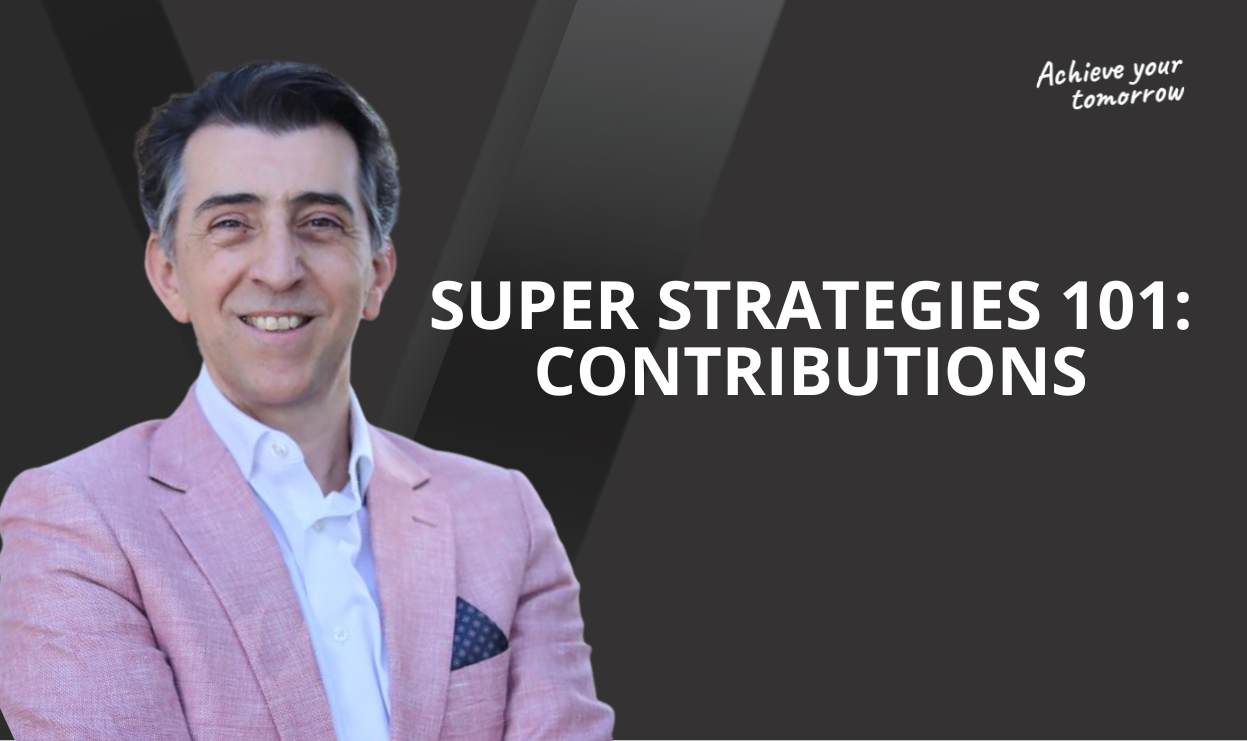

Tim Gurner, the millionaire property developer, known for his outspoken views on housing and millennials, has criticised Australian tradespeople for receiving what he deems excessive pay for their work.

Prominent property developer and millionaire, Tim Gurner, known for his candid remarks about millennials and housing affordability, has turned his attention to Australian tradies. Gurner, the CEO of Gurner Group, has criticised tradies, claiming they are being paid excessively for insufficient work. He believes that an economic shift is needed to reestablish the employer-employee relationship. This article delves into Gurner's recent comments and their implications for the workforce and economy.
Speaking at The Australian Financial Review's Property Summit, Tim Gurner expressed concerns about the productivity of tradies in recent years. He argued that they have received substantial compensation for relatively little output. Gurner attributed this trend, in part, to the COVID-19 pandemic, suggesting that some individuals chose reduced workloads during the pandemic's upheaval.
Gurner's solution to this perceived issue involves an economic shift that emphasises the importance of the employer-employee relationship. He advocates for a substantial increase in unemployment rates, suggesting a 40-50 percent rise. According to Gurner, this would help rectify a prevailing attitude where employees feel indispensable, rather than recognising their role as part of a larger workforce.
This is not the first time Tim Gurner has made headlines for his remarks. In 2017, he gained attention for criticising millennials' spending habits, particularly their penchant for pricey brunches featuring smashed avocado. Gurner's comments touched on generational disparities in housing affordability and financial priorities.
Aside from his opinions on work ethics and economics, Gurner is known for his quest for productivity and wellness. He has explored various wellness practices, including microdosing of psychedelic substances, infrared saunas, and unconventional sleep aids like specialized blankets. Gurner's pursuit of peak performance extends to tracking his body's data through devices like the Oura ring, highlighting the intersection of technology and personal well-being.
Tim Gurner's outspoken views on tradies and economic dynamics have sparked discussions about the work landscape in Australia. His call for "pain" to reestablish the employer-employee dynamic is a thought-provoking perspective on how work attitudes may evolve in the post-pandemic era. While his comments have been divisive, they highlight the ongoing conversation around workplace values and expectations in the changing world of employment.

When most of us think about building wealth, our minds jump straight to shares, property or superannuation. But there’s a crucial piece of the puzzle that often gets overlooked: insurance.

Superannuation is a key part of retirement planning for Australians, and understanding the different types of contributions can help you make the most of your super.

The past week delivered a tale of two markets. On one side, a reassuring U.S. inflation print and a surprisingly strong labour market report suggested the American economy remains on solid footing.
Stay in the know with the latest updates, insights, and exclusive content delivered straight to your inbox.